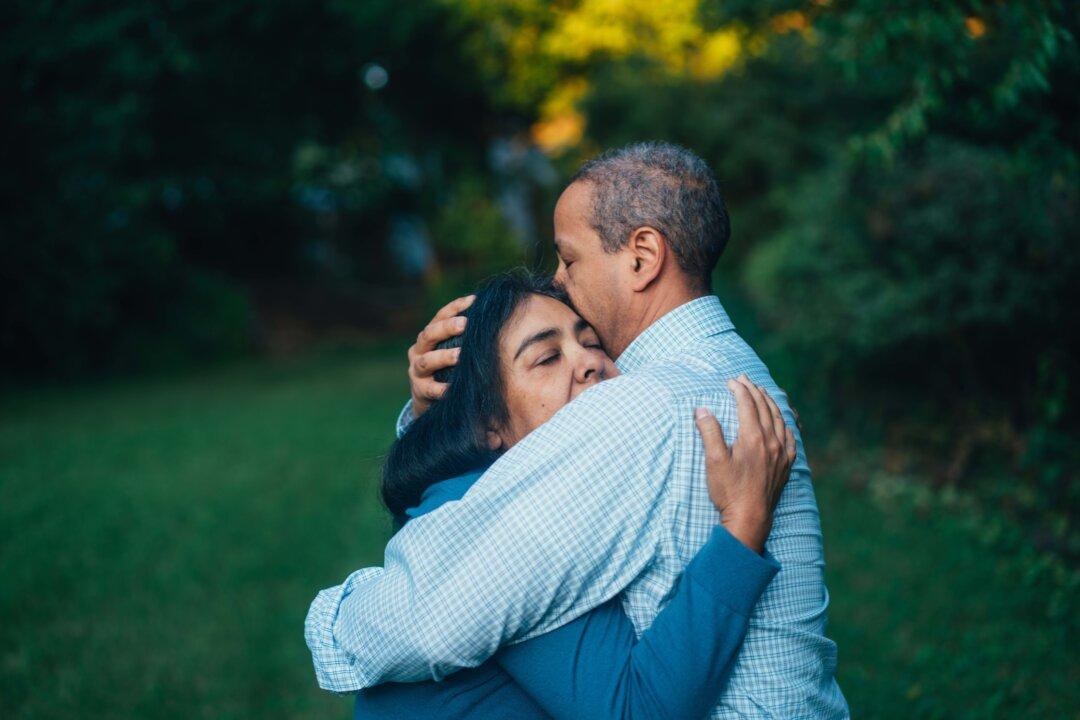“I forgive you.” These three words rival the other big three when it comes to their importance and impact on the speaker, the receiver, and even those who observe the process of forgiveness.
True forgiveness, like true love, cannot be faked or forced. Forgiveness is something you know in your gut. It is a state of being you arrive at after going through other phases; in other words, it doesn’t happen overnight.
Andrea Donsky, who holds a bachelor of commerce, is an international TV health expert, best selling author, and founder of NaturallySavvy.com—a recipient of Healthline’s Best Healthy Living Blogs for 2019. This article was originally published on NaturallySavvy.com
Author’s Selected Articles





